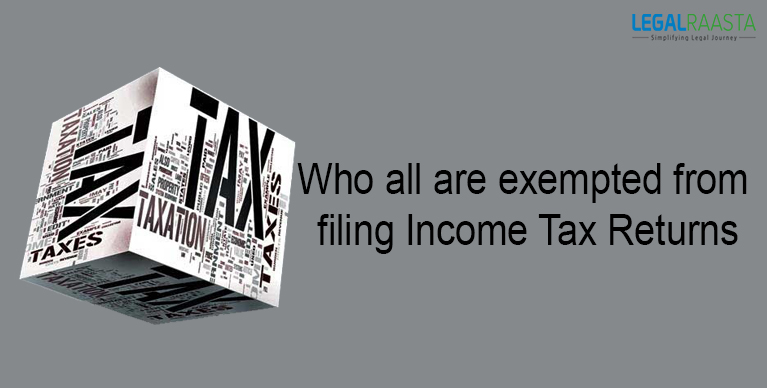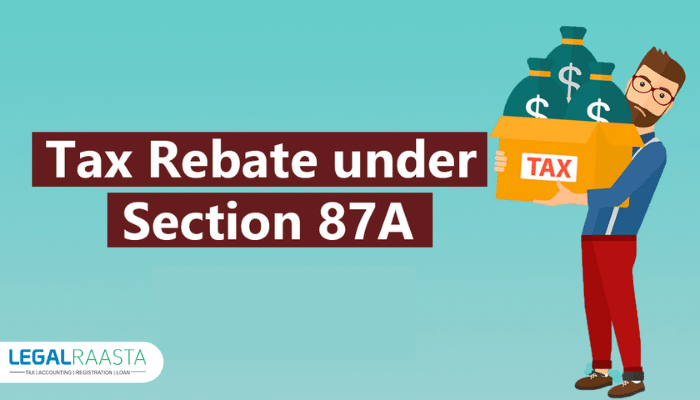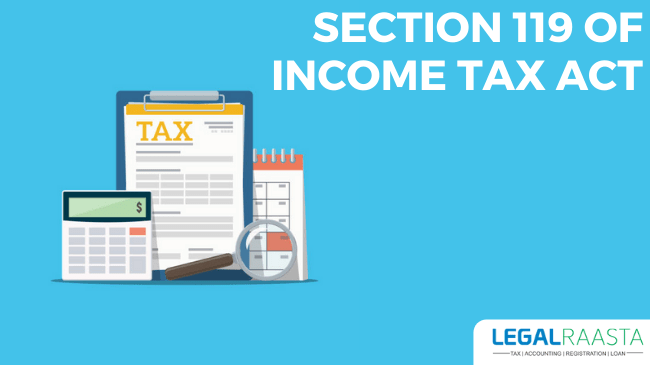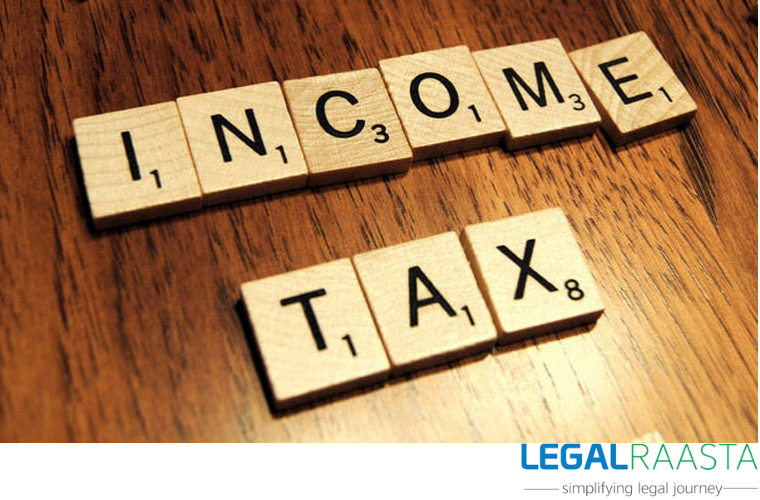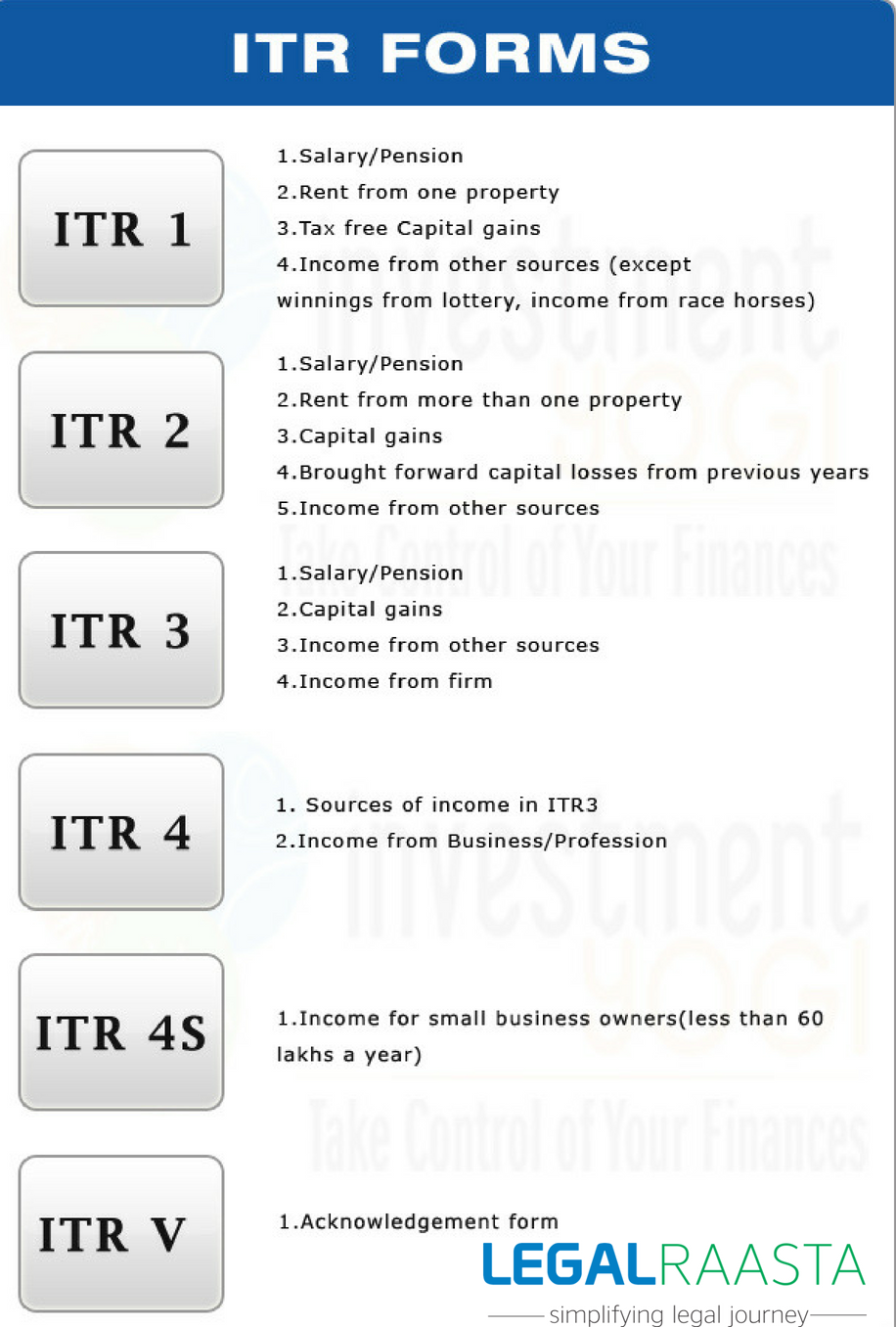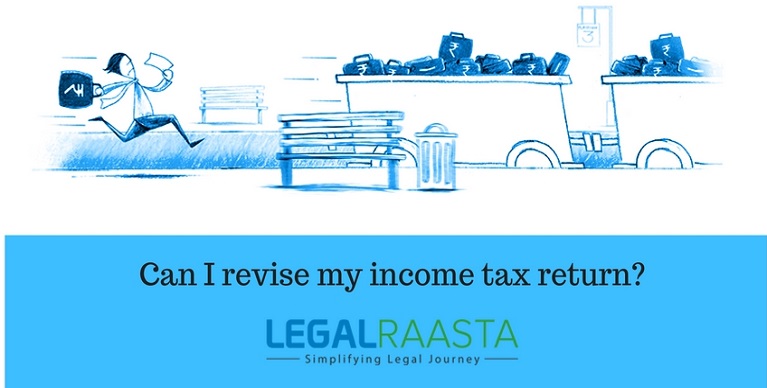Who all are exempted from filing Income Tax Returns?
Exemptions are applicable in India under which a person can claim deductions to reduce his/her taxable income. It includes exemptions under section 80C, 80F, 80U, 80G, 80EC, 80H. These include exemptions for house property, payment of the principal amount. These exemptions are applicable to NRIs as well. Therefore, for those exemptions that are applicable NRIs can claim it under certain sections, all the more there are certain exemptions which are not applicable to NRIs such as exemption based on age and gender, long term and short term capital gains are not exempted for NRIs as well.
Furthermore, the deductions that are available under section 80C those available to NRIs are principal repayments on loan, life insurance premium payment, children’s tuition fee payment, for the purchase of house property, unit linked insurance plan. Moreover, NRIs can claim deductions under house property for a house property purchased in India under section 80F, 80TTA, 80G.
On the basis of gender, age and residential status the basic exemption limit are INR 2,50,000 and INR 3,00,000 for resident senior citizen and INR 5,00,000 for super senior citizens. If an NRI fails to file returns they can still file their returns with the following consequences such as if you do not have any tax payable i.e. if your tax is deducted at source you can still file ITR return without any penalty before March 31st, if you have tax payable you can still file with the interest rate at 1percent per annum with every month of delay before March 31st.
All the more the Central Board of Direct Taxes (CBDT) have set exemptions to a certain set to people for filing returns, in case one has incurred some losses or has carried forward losses of any period, under any year, he will be required to file his returns before the due date cannot claim exemption, he will lose the right to carry forward losses. So, persons receiving a salary from more than one employer, having income from sources other than salary and savings account interest income or refund claims will not be covered under the scheme. One should check these conditions first and then take the decision of not filing returns.
There are some benefits for filing ITR as well, such as to claim any tax refunds, so once the tax is deducted it is repaid only if you file ITR, therefore any ant TDS on rent payments by NRIs or TDS deduction by banks on your fixed deposits can be done by filing ITR. Moreover, ITR is required for applying for loans, for acquiring movable or immovable foreign assets and to get your capital gain or loss adjusted, all the more if you want to claim exemptions you need to file ITR.
Nevertheless, it is officially an unprecedented implication that has been imposed by the tax law of India to file ITR.

